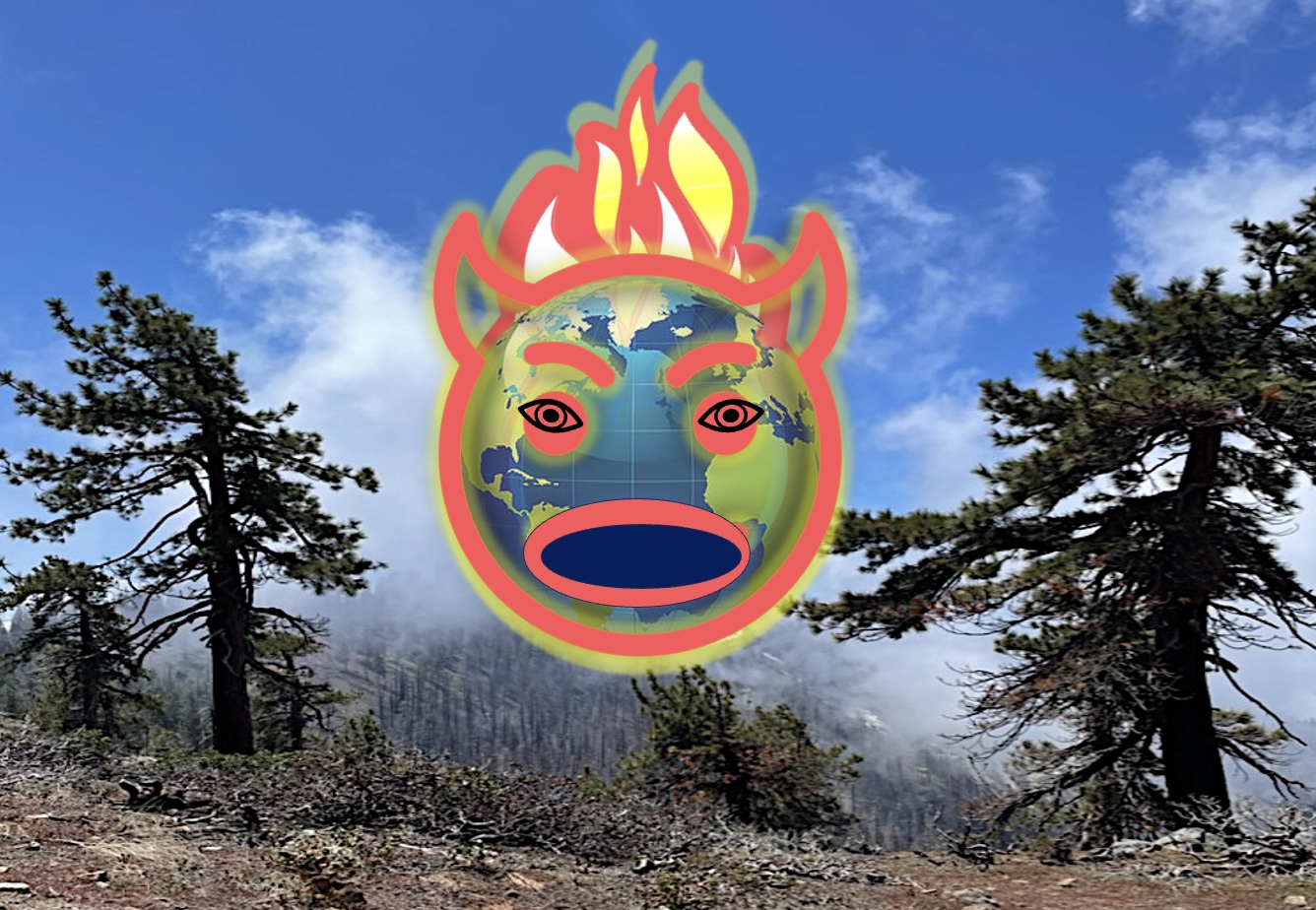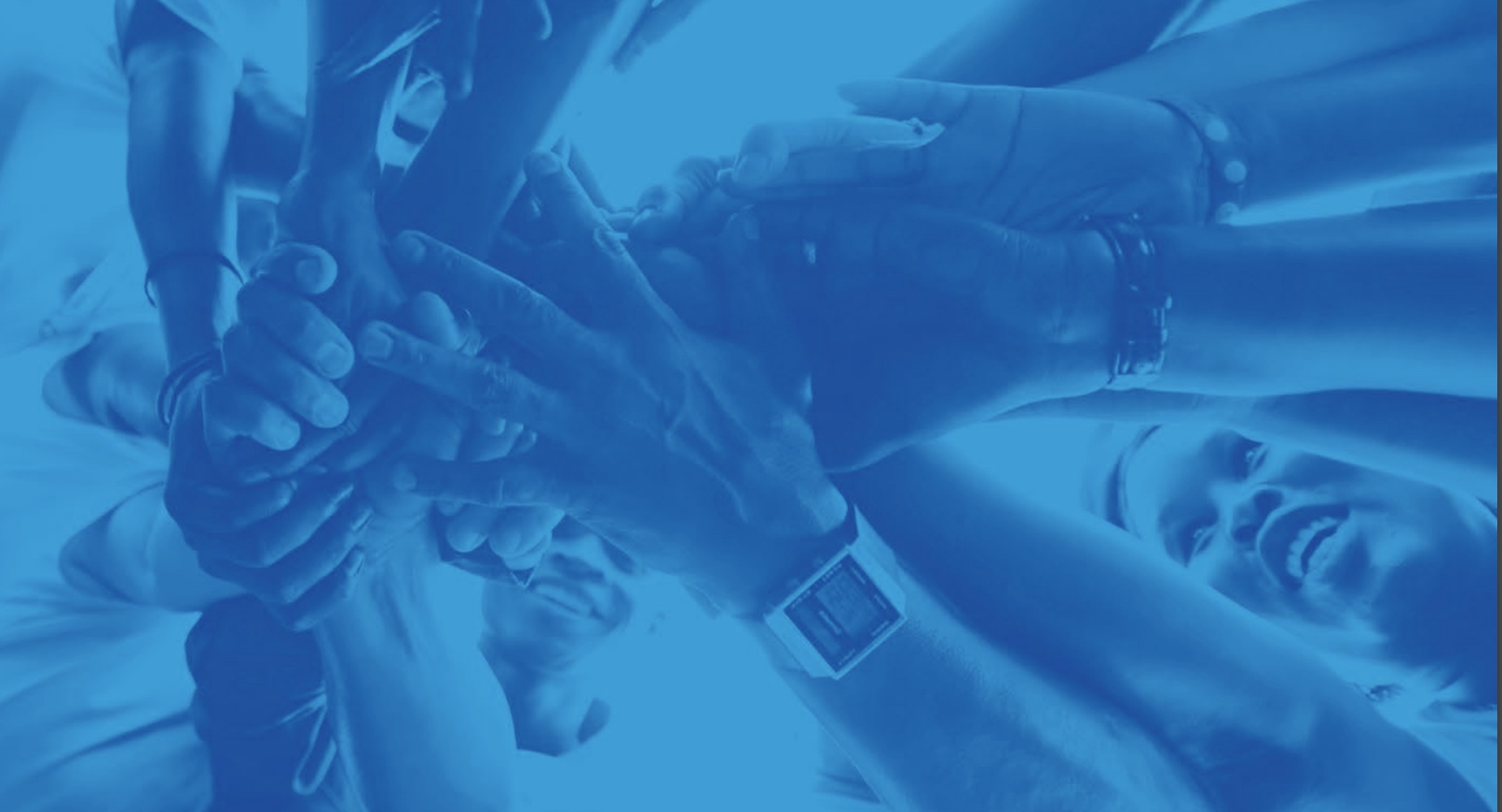Fresno Bee, September 24, 2023
Climate change forces Americans to reconsider profit, greed, power and truth.
This past week, the Secretary General of the UN, António Guterres, described the climate emergency with apocalyptic language. He said, “Humanity has opened the gates of hell.” He called for quick action to avoid the climate inferno.
This call to action is not directed primarily at individuals like you and me. Individuals can drive less, for example. Or you could eat less meat. But the climate-friendly choices of individuals are less important than institutional and systemic change. To close the gates of hell, nations, states and corporations need to be transformed.
One interesting step occurred in California this past week. The state sued five major oil companies, claiming these firms lied about the climate impact of their products. The lawsuit alleges that the oil companies encouraged “disinformation and denialism” about the link between fossil fuels and climate change. This included a deliberate effort to “discredit” the scientific consensus about that link.
Gov. Gavin Newsom said, “For more than 50 years, Big Oil has been lying to us — covering up the fact that they’ve long known how dangerous the fossil fuels they produce are for our planet.” Attorney General Rob Bonta said, “Oil and gas companies have privately known the truth for decades — that the burning of fossil fuels leads to climate change — but have fed us lies and mistruths to further their record-breaking profits at the expense of our environment.”
Activists have called out this bad behavior for a long time. But the California lawsuit puts teeth behind the accusations by aiming to punish the oil companies. The proceeds of any settlement will establish a fund that would be used to respond to climate emergencies and to pay for mitigation and adaptation efforts. All of this is occurring at a time when gas prices are high, cars are expensive, and auto workers are on strike.
Could this be the beginning of a radical shift in the fossil fuel infrastructure? Maybe. But while lawsuits aimed at corporations could be part of the solution, the long-term solution must be cooperative rather than hostile. The oil companies should stop lying. But greed, power, and short-term self-interest are not easy to overcome. And so, while punishment and blame are on the table, the ultimate solution requires a change of culture and moral development.
Consider the moral and cultural shifts that have occurred in prior movements for social change. The abolition of slavery in the United States required a war. But that war was accompanied by a shift in moral thinking, which held that slavery was simply wrong. The movement for women’s rights required a struggle in the streets. That struggle was paralleled by a shift in our understanding of women and men. A similar process unfolded in the civil rights movement.
There is a chicken-or-egg question in these movements. Did the moral shift come first, or was it a result of struggle? There is no simple answer here. There are layers and phases and feedback loops in these cultural transformations. Antagonism is part of any struggle. But the long-term goal is moral development. Cultural shifts ask us to re-conceive our humanity, to reorder our priorities, and to respond in new ways to the world.
One hundred and fifty years after slavery was abolished, it is no longer imaginable that any human being would be enslaved. A hundred years after women gained the right to vote, it’s hard to imagine that anyone would have denied that right to half the population. That’s the kind of change that is needed to solve the climate crisis. We need to create a world in which it would be unimaginable for powerful corporations to lie and profit while spewing destructive chemicals into the atmosphere.
Secretary General Guterres said that we have opened the gates of hell. That’s a metaphor with religious resonance. It points toward the need for a spiritual solution to the climate crisis. To close the gates of hell, we need structural change, but also moral transformation. Lawsuits will help. But in the long run we need to change the way we think about profit, greed, power, and truth. In short, we need to rethink what we value, and we need to re-imagine the world we hope to leave to our grandchildren.
Read more at: https://www.fresnobee.com/opinion/readers-opinion/article279653924.html#storylink=cpy



